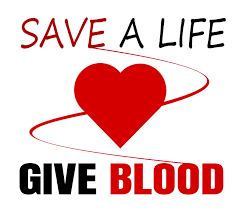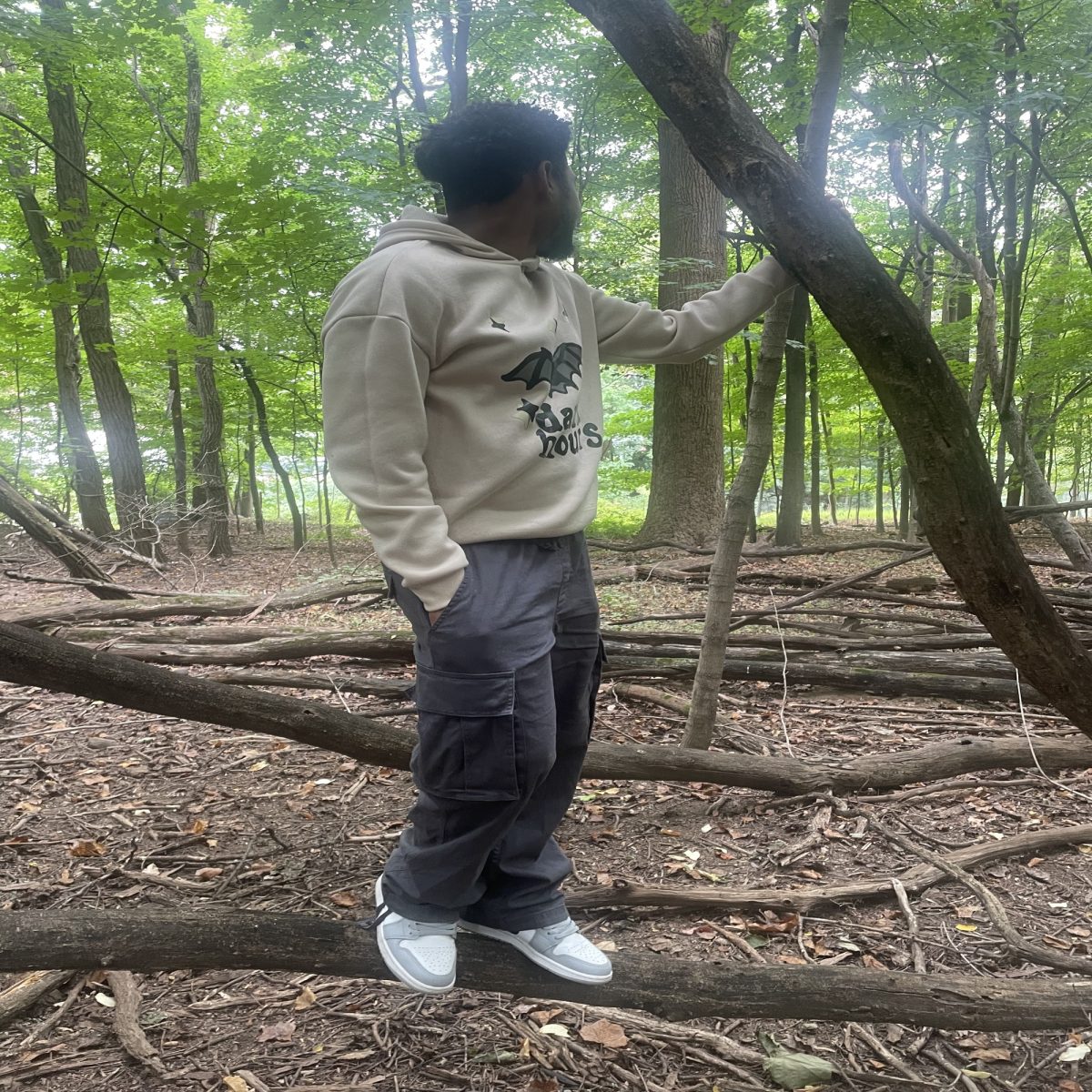A blood shortage was announced by the American Red Cross on Jan. 30, 2024, due to winter weather and illnesses such as flu and COVID-19. Mercy University held one of its major events in the Rotunda for the community, in partnership with the New York Blood Center.
According to one of the overseers from Campus Life, “We’ve had a couple of pop-up tables to promote the blood drive, but I think this is the major one that we’re doing this semester.”
This event was considered convenient by those who had donated.
A female student at Mercy University Liz, majoring in social work and a first-time blood donor, remarked, “I wanted to donate because Mom’s a nurse, and I know that nurses need blood for their jobs. It’s a good cause, so why not?” She found the process convenient and quick, taking about 45 minutes.
Anna, a communication sophomore, mentioned that it hurt a bit with the needle going in, but she was happy to help others and was also eager to find out her blood type at the blood drive. Asked if they were scared, some donors mentioned feeling a little anxious, but they were glad that everything worked out in the end.
Sydney, a senior majoring in clinical exercise at Mercy University, said, “I came here today to donate blood, just to give back to the community a little bit. A lot of people are in need of blood, so since Mercy offered it, I just try to swing by and donate whenever it’s in the area.” She is not afraid of needles, having donated blood six or seven times before. She mentioned that her gym holds blood drives frequently and added that donating blood burns about 650 calories, according to the University of California, San Diego.
Mary Davy, an adjunct professor and nutritionist, has donated blood 6 or 7 times, while her husband has donated about 5 gallons. She saw the blood drive as she passed by and mentioned, “Lentils are extremely high, dark green leafy vegetables are also really high, and if you’re going to give blood and want to avoid any problems…If you have a little bit of Vitamin C, it will increase the absorption rate of the iron.” She shared that the night before, she had soup and an orange, which she found to be a affordable and easy option for the average college student.
A variety of snacks including juice, chips, water, pretzels, and cookies were provided for those who donated. Everyone around the snack table had the same intention of donating for the generosity of their hearts rather than for the snacks in front of them. As the blood crisis continues, some individuals are willing to donate valuable blood to help save a life. They are aware that in an emergency, time is critical.
According to the Red Cross, two years ago, individuals who lived in or were stationed in the UK, Ireland, or France and had never attempted to donate blood may now be eligible to do so with the Red Cross, effective from October 3, 2022.
Sabina shared, “I saw a donation site in my area today, so I came here to avoid driving back and forth.” She added, “I started donating blood again after 20 years.”
She said she donated blood in Germany 50 times, in smaller amounts for babies. She received a gold pin for her donation, acquired from Europe. She mentioned that she had been unable to donate blood for a long time but has been able to do so again since 2022.
Sabina stated it was due to her travel to and from Europe. “This move is in alignment with the Food and Drug Administration’s (FDA’s) revised guidance regarding the elimination of donor eligibility restrictions on European travel related to variant Creutzfeldt-Jakob disease (vCJD), believed to be derived from mad cow disease. Due to this change, many individuals who were deferred for travel to France, Ireland, or the United Kingdom may now be able to donate blood to help save lives.”









